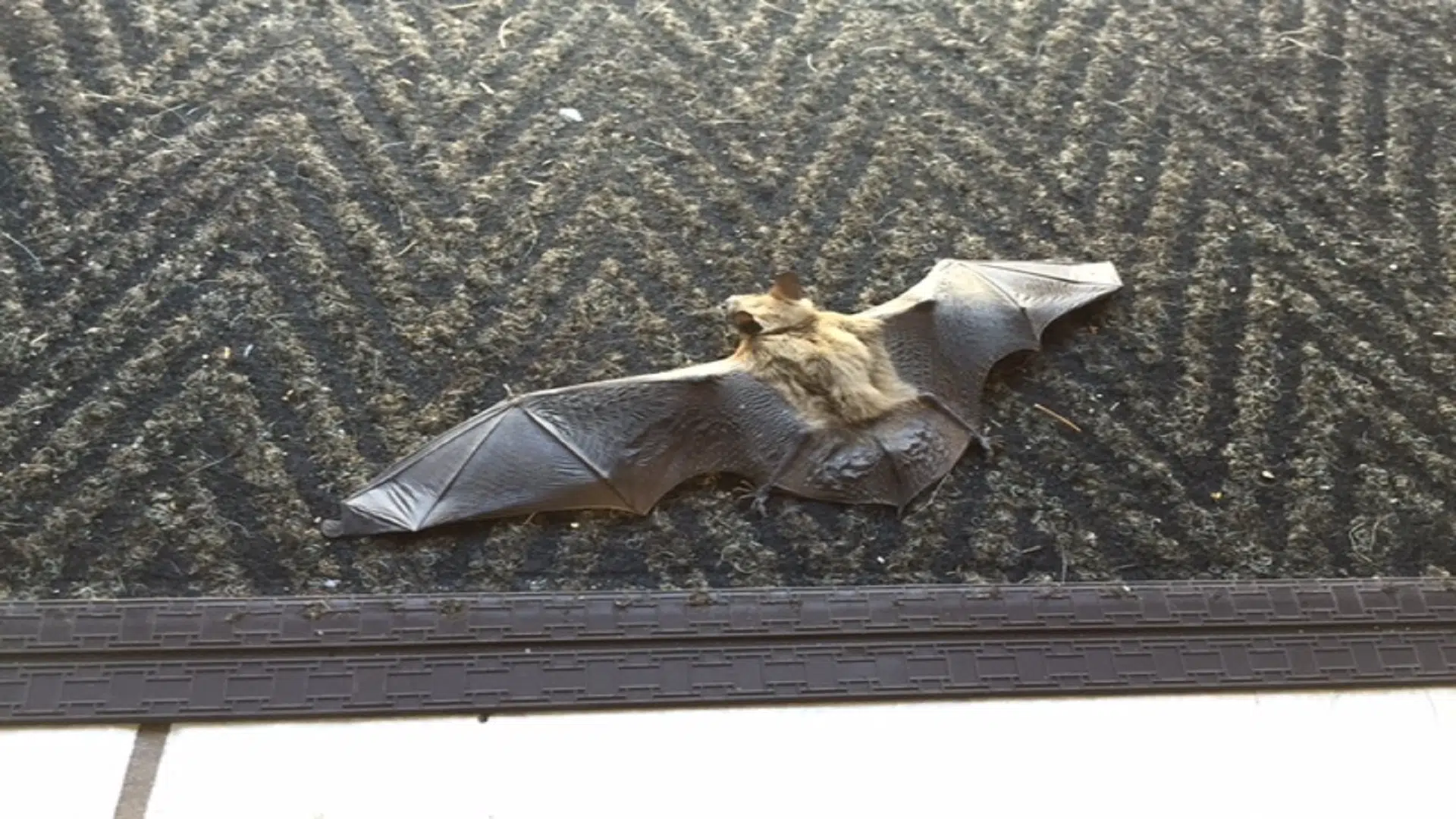
AHS Issues Warning After a Pair of Bat Bites
ALBERTA – Following a couple of incidents last week in the South Zone where someone was bitten by a bat, Alberta Health Services is reminding you to take precautions to protect yourself from rabies.
They noted that wild animals like bats, foxes, coyotes, raccoons and skunks can carry the disease, and while less common, they pointed out that household pets can pick up rabies as well.
If you are bitten or scratched, AHS recommends that you get medical advice as soon possible, by calling Health Link, 24-hours a day, seven days a week, by dialing 811.
Other advice from AHS for reducing your risk include:
– vaccinate pets (including dogs, cats and ferrets) against rabies. If you aren’t the first owner of your pet, ask for a certificate of rabies vaccination. If no document exists, confirm with the pet’s veterinarian that the pet got the vaccine.
– avoid contact with stray dogs or cats, especially in rural areas where rabies is a risk.
– avoid contact with bats.
– never touch or try to pet or catch a wild or stray animal. Teach children to avoid these animals.
– secure garbage and other items that attract animals.
– secure open areas of your home, such as pet doors, chimneys, unscreened windows or any place that wild or stray animals could enter.
– never handle a dead animal. If the animal came in contact with anyone, contact public health and arrange for testing.
Rabies is almost always fatal once symptoms start to appear, meaning if you come in direct contact with a bat or if you find one in a closed room with a sleeping person, you should contact the public health office in Lethbridge immediately at 403-388-6690.
In humans, the initial symptoms include fever and feeling unwell with pain or an unusual or unexplained tingling, pricking or burning sensation at the wound site. That can be followed by a range of symptoms including hyperactivity, restlessness, delirium, gradual paralysis of muscles, leading to coma and death. In some case symptoms may take several months to develop after being bitten.


